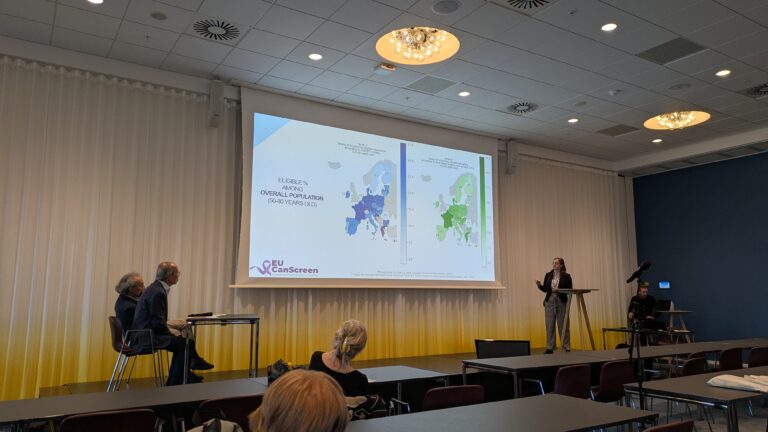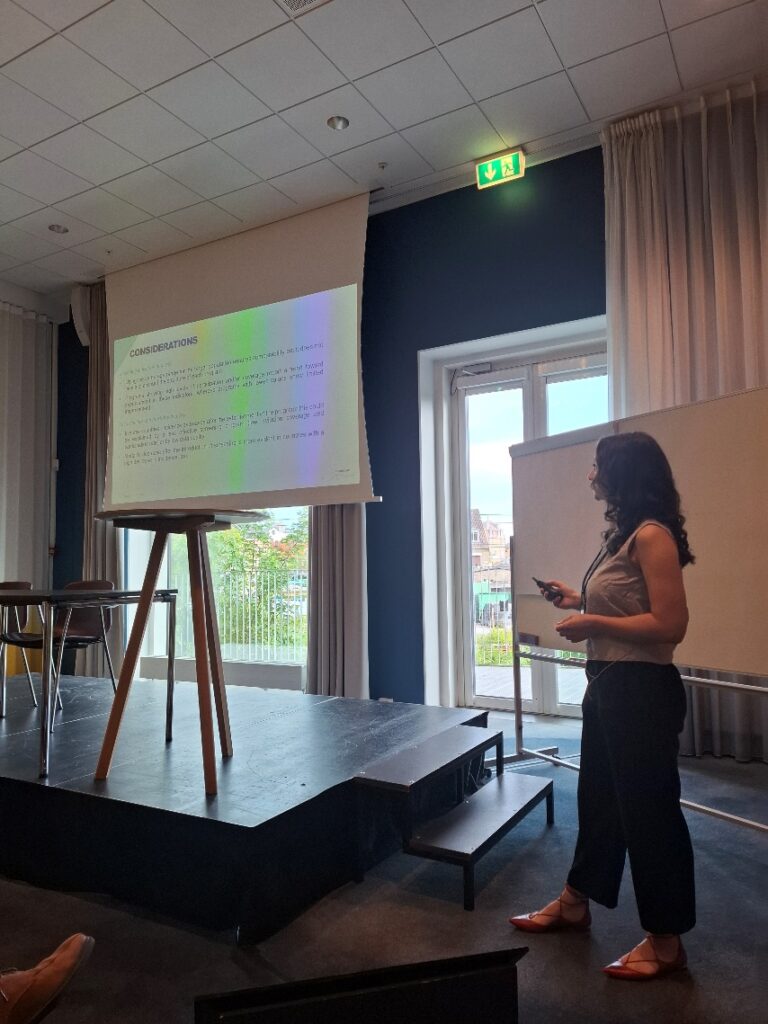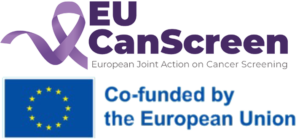JULY 2025
Project Updates
Modelling to optimize cancer screening across Europe WP10

We’re pleased to share a progress update from Work Package 10, which focuses on using modelling and health technology assessment to optimize cancer screening programmes across Europe.
Countries participating in WP10 have been actively collecting data on cancer incidence, mortality, and where available screening programme results. This collaborative effort forms the backbone of our modelling work, providing the necessary inputs to develop and calibrate individual models tailored to each country.
We have reached a key milestone, with most of this data successfully gathered. The team from Erasmus University Medical Center (Rotterdam, the Netherlands) has now begun incorporating these data to calibrate the first country-specific models, marking an exciting step forward in the project. Preliminary calibration results for colorectal cancer and prostate cancer are illustrated in Figures 1 and 2, respectively, demonstrating how observed incidence trends are being reproduced with country-specific MISCAN (MIcrosimulation SCreening ANalysis) models.
Furthermore, a model validation framework has been successfully established in collaboration with UMIT Tirol, ensuring a robust foundation for ongoing model development and comparison.
In parallel, there was a strong representation from our work package at the International Cancer Screening Network (ICSN) conference in Aarhus, Denmark, where several WP10 abstracts were presented.
Giulia Carbotti of the WP10 team presented a comparative analysis of colorectal cancer screening performance across Europe in which seven key performance indicators were analyzed across 18 European screening programs from 2011 to 2022 (Figure 3). Trends in CRC incidence and mortality were also examined in relation to when each screening program was introduced. This analysis clearly demonstrated the potential benefit of screening when it is well organized: countries with high-quality performance indicators saw a larger impact of screening on the burden of CRC than countries with poor performance indicators. For questions on this ongoing study, contact .
Katarina Bartekova presented on the expected share of the population eligible for lung cancer screening in each member state (Figure 4). She leveraged European Health Interview Survey data to calculate the expected share of the population exceeding either 20 packyears smoked, or 1.51% PLCOm multivariate risk. This population is projected to exceed 18 million individuals and is anticipated to face nearly 600,000 cases of lung cancer. Her work will provide a valuable resource for countries that are looking to scope the scale of lung cancer screening implementation. For questions on this ongoing study, contact .
The ICSN conference was a great opportunity to exchange ideas and connect with colleagues working in cancer screening from around the world. Discussions covered a wide range of topics, from programme implementation and data quality to modelling, health equity, and policy. It was great to connect with colleagues from both inside and outside the EUCanScreen consortium, sparking new ideas and strengthening collaboration toward improving cancer screening.
Authors
Danica van den Berg, Koen de Nijs



🔗 Please don’t forget to Subscribe to EuCanScreen Newsletter! 💪
Subscribe to our newsletter to get news and updates.
Subscribe to our newsletter to get news and updates.

The general objective of EUCanScreen is to assure sustainable implementation of high-quality screening for breast, cervical and colorectal cancers, as well as implementation of the recently recommended screening programs – for lung, prostate and gastric cancers. EUCanScreen will facilitate the reduction of cancer burden and achieving equity across the EU.
This project has received funding from the European Union’s EU4HEALTH Programme under the Grant Agreement no 101162959










